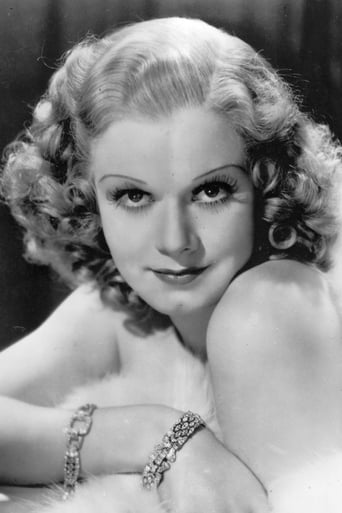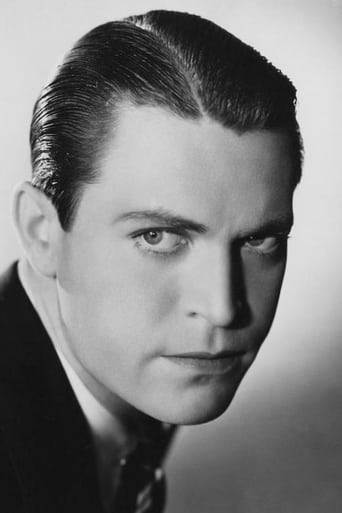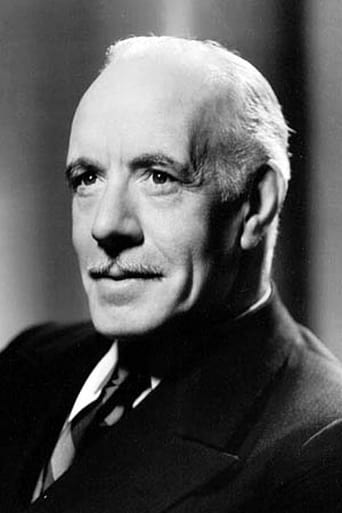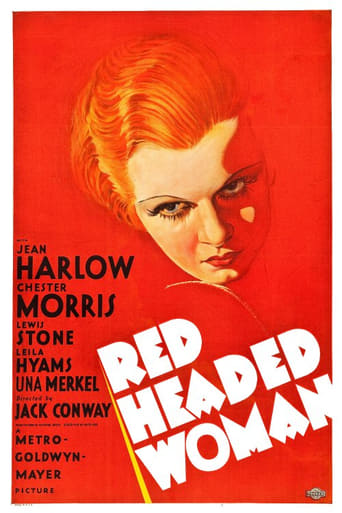
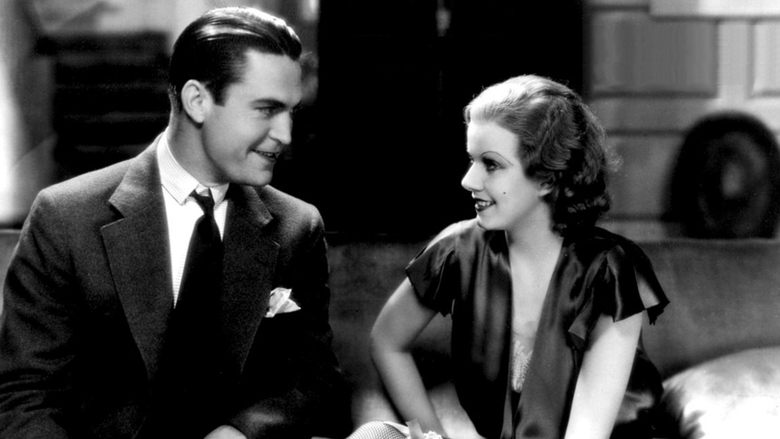
Red-Headed Woman (1932)
Lil works for the Legendre Company and causes Bill to divorce Irene and marry her. She has an affair with businessman Gaerste and uses him to force society to pay attention to her.
Watch Trailer
Cast
Similar titles


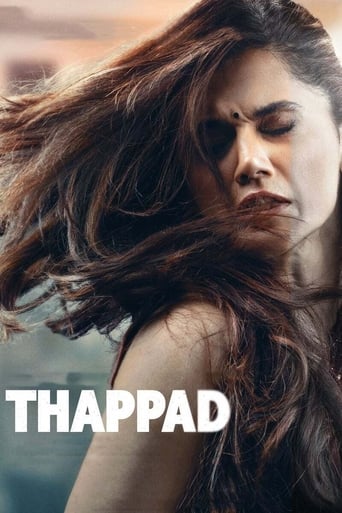

Reviews
Simply A Masterpiece
I like movies that are aware of what they are selling... without [any] greater aspirations than to make people laugh and that's it.
It is neither dumb nor smart enough to be fun, and spends way too much time with its boring human characters.
This is a gorgeous movie made by a gorgeous spirit.
"Red Headed Woman" released in 1932 by MGM, is all about Jean Harlow. Harlow came to MGM under the guide of Irving Thalberg, the boy wonder of the studio. Louis B. Mayer, a conservative man, initially wanted nothing to do with Harlow. He felt her image was that of a bimbo, but Thalberg held considerable power at the studio, and he made Harlow a star. In this film, one of several she made that year, Harlow plays a tough gal from the wrong side of the tracks. Her goal is to be rich, and she will use her "assets" to do so. Harlow sets out to seduce her boss (Chester Morris) who is very serious-minded and very married. Next thing you know, he's divorcing his wife and is now with Harlow. Not satisfied with this conquest, Harlow sets her sights on New York and shamelessly seduces a very rich (and yes, married) businessman (Henry Stephenson). It all gets quite complicated, with more men and eventually her husband getting wise to her games. But Harlow is a wonder here, with her tough talk and great accent, she rules the film. Matters such as marital infidelity and sex are not disguised, as this was two years before the code of 1930 would clamp down on the movie industry. In fact, this film was one of several which outraged the moralists and eventually lead to the 1934 censorship rules. Anyway, see the film for Harlow. Some good supporting performances, including Una Merkel as Harlow's wise-cracking friend, and Lewis Stone, playing Chester Morris' father.
Found this film to be very disappointing. Yes, it was fun to see Jean Harlow vamp her brains out, but she was so completely transparent so as to conclude she was dealing with inferior mentalities. Chester Morris was the leading Inferior Mentality and it was very sad to see stalwart, dignified Henry Stephenson being played for a fool in similar fashion. Reliable Una Merkel is on hand as the female sidekick in a role she could mail in from home.This is billed as a 'Pre-Code' picture, presumably very daring for its time, before the inception of the Hays Office. I don't know, maybe it was provocative in 1932 - I'm not that old. Nowadays, however, this movie is as provocative as a bowl of oatmeal, and nearly as interesting.I love old movies - that's why I gave it a 5. I just hate being taken to the cleaners by tripe like this passing itself off as quality entertainment. And COMEDY? there was very little remotely funny about this picture. It was a drama - and not a good one. Screenwriter Anita Loos should have been profoundly embarrassed by this misfire.
The face of Jean Harlow is her real stage and probably even overshadows her body, perhaps except her legs, and especially for those who are not sufficiently served with signs but want to proceed to their objects. In this respect, Harlow represents the complimentary opposite of Monroe, whose stage is her body, and in such a way that her face, to a certain degree, is nothing but mimicry of the body. Therefore, it is not a wonder at all, that the face of Harlow stands the make-up - the glutamate of the mimic sign-carrier -, but not the mask. Imagine Jean Harlow with a porcelain head like the one that Pasolini had modeled in "Edipo Re" for Silvana Mangano! It is Harlows's face which acts first and foremost, similar to the acting of Lugosi's eyes, and not the body like that of Monroe which leads each debauchery ad Absurdum; a face which does not communicate and is thus almost superfluous. One watches Harlow when she kisses: She does not do that with self-dissolving fervor, but with that rascal-like smiling, in which is already anticipated what comes later. In her love, there is no ardor which drags both persons down to the bottom of the maelstrom, but the Eternal Recurrence of The Same which only enables the security of the moment. Exactly because of that there is no contradiction in her appearance, either. She represents the type of woman that every man wants.
Fun pre-code comedy starring Jean Harlow. Harlow plays an ambitious redhead who has a crush on her married boss (Chester Morris). He's a moral guy, loves his wife and everything, but Harlow is just so insistent that she finally succeeds in seducing him. Thus ends his first marriage and begins his second. Unfortunately for him, Harlow doesn't quite get the concept of monogamy. The film has a weird balance of comedy and drama, but I'd say it's mostly a comedy. In fact, I'm pretty sure that it's supposed to be entirely a comedy. What this film really needed was Ernst Lubitsch his infamous "touch" could have made this into a classic. As it is, it's quite good.
